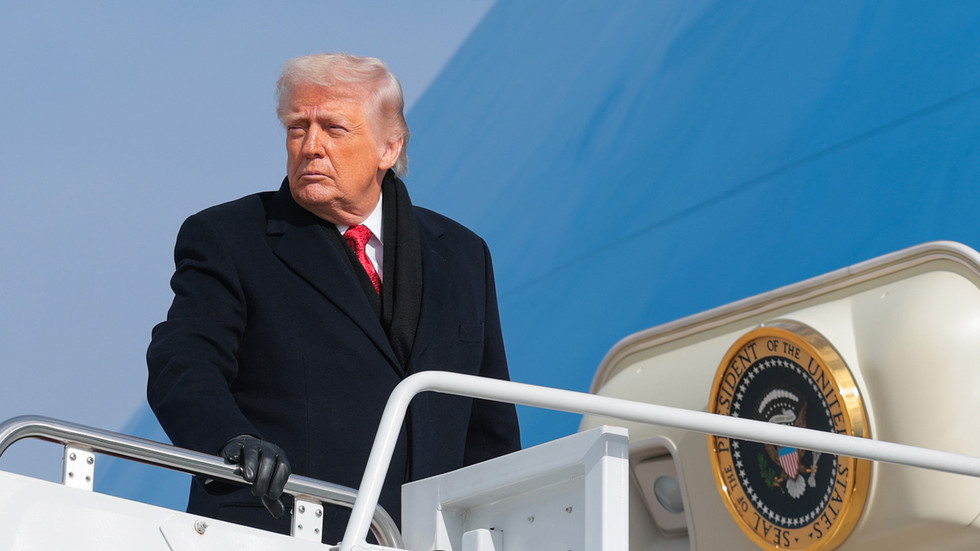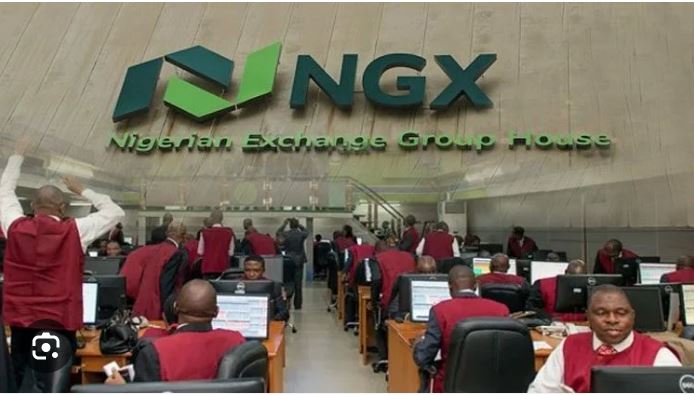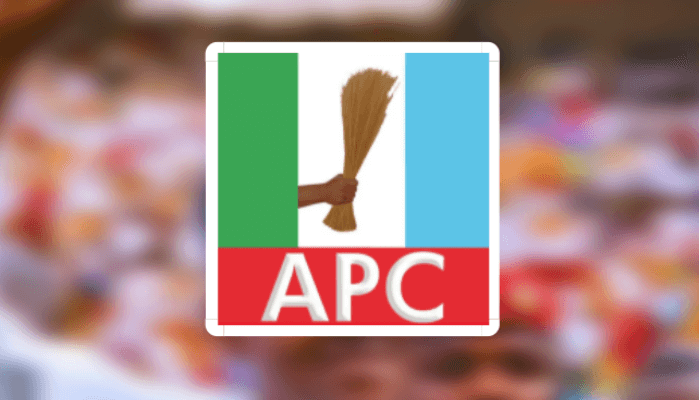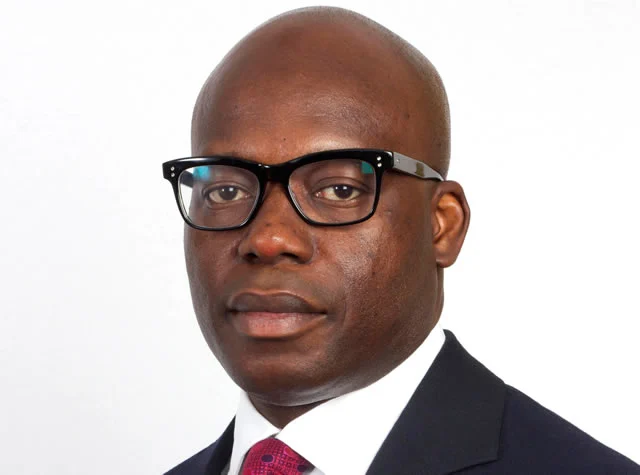In a historic moment for the Roman Catholic Church, Cardinal Robert Francis Prevost was elected as the 267th pope on Thursday, taking the name Pope Leo XIV. This marks the first time an American has ascended to the papacy, breaking longstanding expectations that a U.S. cardinal would be unlikely to hold the position.
The announcement came at 6:07 p.m. local time, signaled by the traditional white smoke rising from the Sistine Chapel chimney, indicating that the conclave of 133 cardinals had reached a decision after four rounds of voting over two days. The cardinals, many appointed by the late Pope Francis, faced the challenge of selecting a leader to guide the Church’s 1.4 billion followers through contemporary issues and internal divisions.
Pope Leo XIV, 69, was born in Chicago and is a member of the Order of St. Augustine. He spent two decades in Peru as a missionary, parish priest, and eventually bishop, becoming a naturalized Peruvian citizen. His international experience and leadership within the Church, including his recent role as Prefect of the Dicastery for Bishops, contributed to his election.
In his first address from the balcony of St. Peter’s Basilica, Pope Leo XIV emphasized unity, compassion, and dialogue, paying tribute to his predecessor, Pope Francis. He spoke in both Italian and Spanish, reflecting his deep connection to his missionary work in Peru.
As he begins his papacy, Pope Leo XIV faces significant decisions regarding the Church’s direction, including whether to continue Pope Francis’s agenda of greater inclusion and openness to change or to chart a different course. His past statements suggest a commitment to traditional Church teachings, but his actions as pope will ultimately define his leadership.
The election of Pope Leo XIV represents a notable shift in the Church’s history, highlighting its evolving global nature and the increasing influence of leaders from diverse backgrounds.



